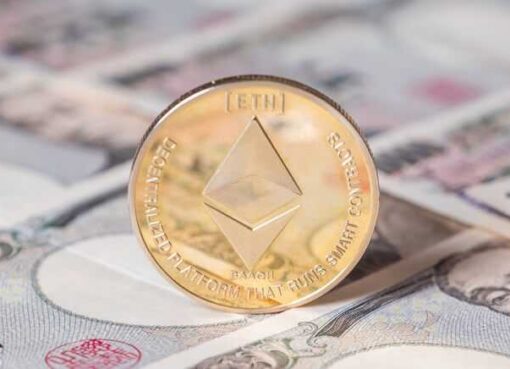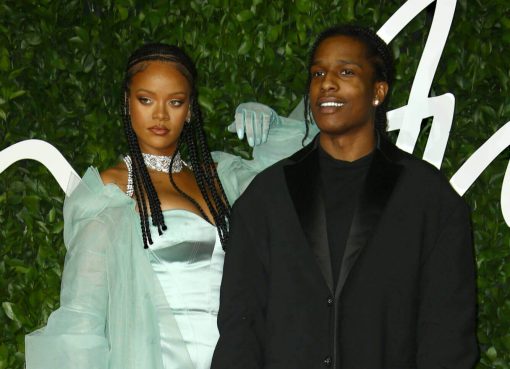Digital media strategists for both the Republican and the Democratic parties have expressed their frustration with the ban.
Following an earlier ban on post-election ads, the duo of social media giants Facebook Inc (NASDAQ: FB), and Alphabet Inc (NASDAQ: GOOGL) may be extending their post-election ad bans by a month to curb misinformation amid Georgia Senatorial election run-offs. According to a Reuters report, the ban on political ads by the social media behemoths has raised concerns from interest groups including both from the Republican and the Democratic parties respectively.
Elections are a critical time in any nation around the world and more so for the United States of America. The election is arguably one of the most followed events worldwide and every attempt is made by political parties, candidates, and supporters to get the word out to supporters and sympathizers. As discovered by social media channel administrators such as the iconic Facebook, some of these pieces of information are either false or misleading.
Generally, the improvement in tech and digital offerings has stirred people and Americans, in particular, to shift from traditional media to social media as their primary source of information. As a result of this, Facebook saw the need to censor the information that is being fed to its 3.21 Monthly Active People (MAP), a data reported in its latest Q3 performance report.
With President Donald Trump refusing to concede defeat to President-elect Joe Biden, many still treat the election as over.
“While multiple sources have projected a presidential winner, we still believe it’s important to help prevent confusion or abuse on our platform,” Facebook told advertisers in an email seen by Reuters. The Menlo Park, California-based firm said it expects the pause, initially billed to last about a week to extend for another month though there “may be an opportunity to resume these ads sooner.”
Reaction to the Social Media Giant’s Ban of Political Ads
According to Reuters, digital media strategists for both the Republican and the Democratic parties have expressed their frustration with the ban particularly with the need to communicate the right timing for the Georgia Senate run-off elections to potential voters. Experts from both camps believe the social media ad bans would have been more productive if targeted at deliberate lies from unpaid posts rather than legitimate claims from verified bodies in a bid to win voters.
“It is driving us absolutely bonkers,” said Mark Jablonowski, managing partner of DSPolitical, a digital firm that works with Democratic causes.
Eric Wilson, a Republican digital strategist, said he thought the companies’ concerns about ads on the election outcome did not require a blanket ban. “This is something that deserves a scalpel and they’re using a rusty ax,” he said.
Of the social media channels, only Twitter Inc (NYSE: TWTR) appears to be lenient with the demotion of tweets that appears to spread misinformation. However, the company is now using lighter-touch labels that “provide additional context,” spokeswoman Katie Rosborough said.
Benjamin Godfrey is a blockchain enthusiast and journalists who relish writing about the real life applications of blockchain technology and innovations to drive general acceptance and worldwide integration of the emerging technology. His desires to educate people about cryptocurrencies inspires his contributions to renowned blockchain based media and sites. Benjamin Godfrey is a lover of sports and agriculture.




